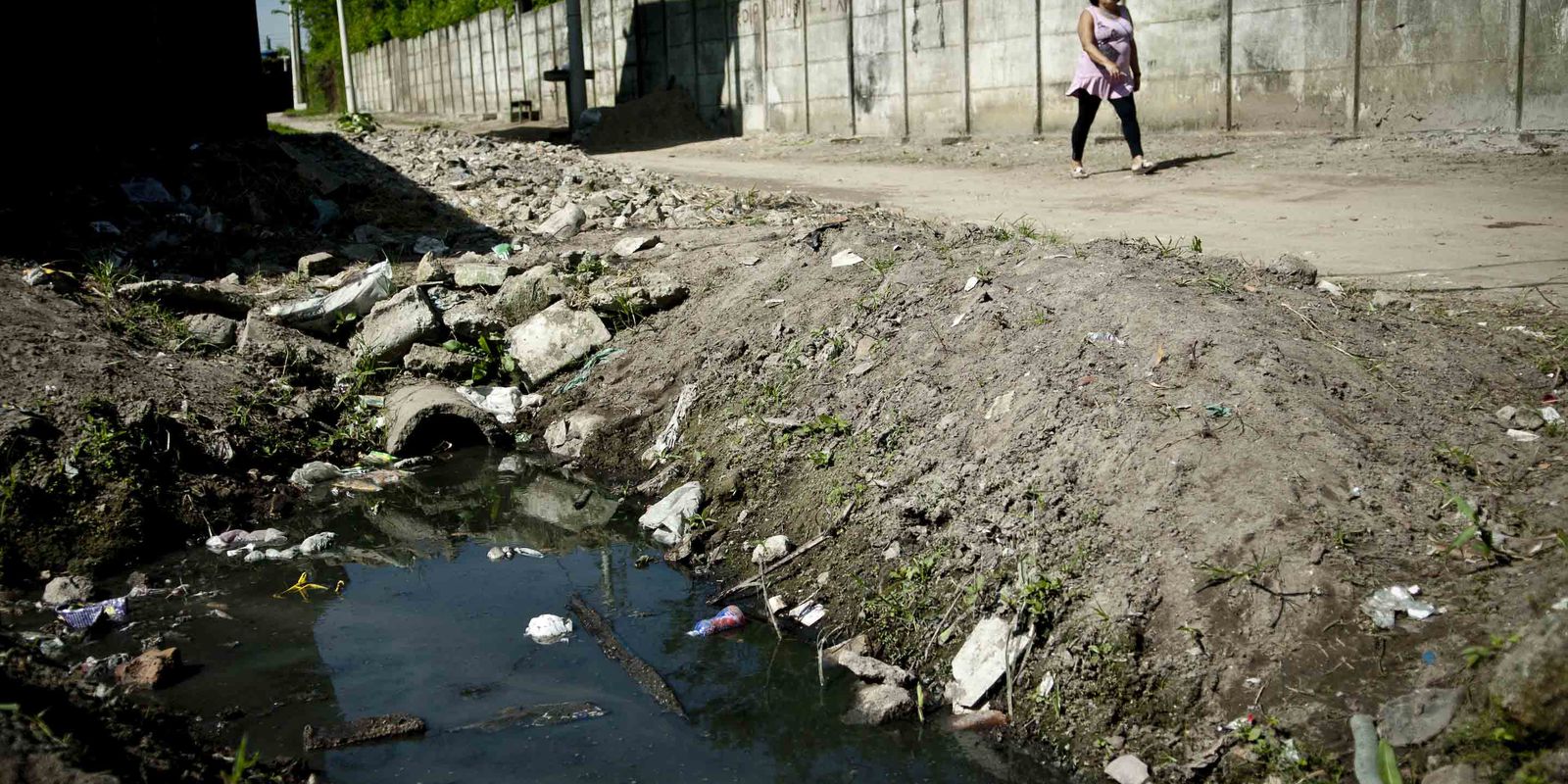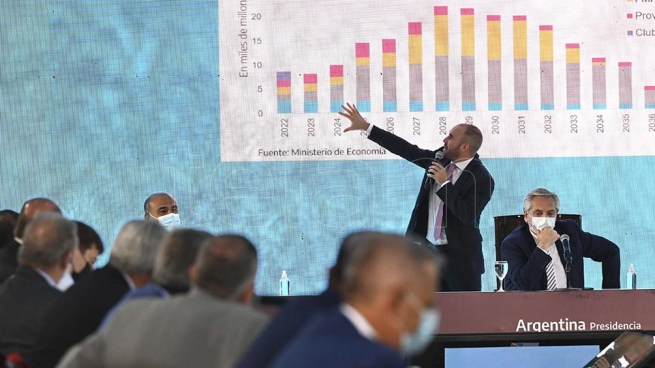President Jair Bolsonaro edited this Friday (1st) a decree that amends Decree No. Basic. The decree also deals with the allocation of federal public resources and financing with Union resources or managed or operated by Union bodies or entities. The decree was published today in an extra edition of Official Diary of the Union.
ALhey no. 14.026/2020which deals with the new Regulatory Framework for Basic Sanitation establishes the universalization of sanitation services, with goals of serving 99% of the population with drinking water and 90% with sewage collection and treatment by December 31, 2033. 10,588/2020 establishes rules for the allocation of federal resources to achieve the objectives established in the new legal framework for sanitation.
The federal government assessed, according to the Ministry of Regional Development, that there was a need to amend Decree No. 10,588/2020 to ensure the continuity of the regionalization of basic sanitation services, as well as the regularization of water and sewage supply operations.
“One of the challenges identified in this transition phase concerns the definition, by state law, of the structures of regionalized provision”, informed the press office of the General Secretariat of the Presidency. “To this end, rules were defined so that regionalized provision arrangements defined by municipalities can be accepted for the purpose of complying with legal requirements when there is no state law dealing with regionalization.”
The decree also brings rules to establish more clearly how the standardization of the terms of validity of the contracts currently in force should occur to enable the regionalization of services.
As the deadline for proving the economic and financial capacity of providers ended on March 31, the decree established a transition period to regularize the provision of services. During this period, states and municipalities may continue to receive federal funds, provided that the conditions set out in the decree are met.









